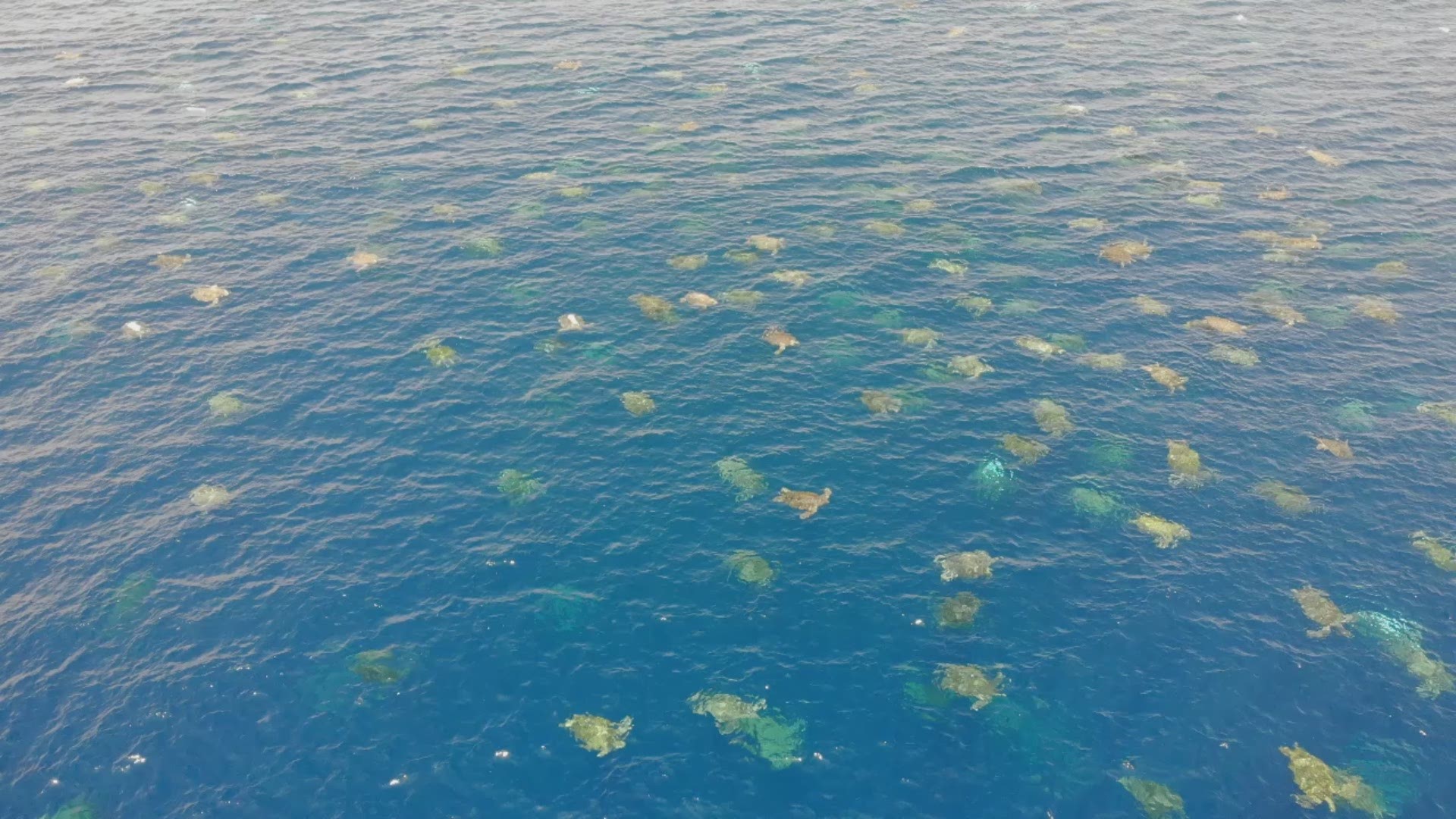COLUMBIA, S.C. — South Carolina’s Department of Natural Resources (SCDNR) wants residents to be aware of new laws and regulations that will govern the collection, possession and/or transfer of native species in the state, including current collections of native turtles.
On October 21, 2020, Governor Henry McMaster signed into law new regulations that bring wide-ranging protections to many of the state’s native reptile and amphibian populations that have been vulnerable to commercial exploitation and even “black-market” trading. The new law and corresponding state regulations developed by S.C. Department of Natural Resources wildlife biologists include a provision to allow S.C. residents with existing turtle collections that exceed the new limits to legally register them with SCDNR.
Residents of South Carolina who currently possess collections of native turtles in excess of the limits established by the new law have until December 27th, 2020 to file an “Application for Temporary Exemption for Possession of Native Turtles in Excess of Possession Limits” with the South Carolina Department of Natural Resources.
Without filing for the exemption for current collections, only 10 total native turtles can be legally possessed in a personal collection at any time. The total of ten animals also cannot include more than the limits for each species noted below:
- Florida cooter (Pseudemys floridana): 5
- River cooter (Pseudemys concinna): 5
- Chicken turtle (Deirochelys reticularia): 5
- Eastern painted turtle (Chrysemys picta): 5
- Spiny softshell turtle (Apalone spinifera): 5
- Florida softshell turtle (Apalone ferox): 5
- Eastern mud turtle (Kinosternon subrubrum): 5
- Striped mud turtle (Kinosternon baurii): 5
- Common musk turtle (Sternotherus odoratus): 5
- Yellow-bellied slider (Trachemys scripta): 5
- Common snapping turtle (Chelydra serpentina): 5
- Eastern box turtle (Terrapene carolina): 2
- Diamondback terrapin (Malaclemys terrapin): 2
Turtle species listed as Endangered or Threatened in South Carolina may not be possessed at all without a permit. This includes gopher tortoises, bog turtles, and spotted turtles. Anyone possessing spotted turtles by Department-issued permit must also register their spotted turtles.
In addition to the new limits on turtle collections, the new law and regulations also prohibits the sale, purchase, exchange, barter, trade, export, shipping or “re-homing” of any native reptile or amphibian species unless specifically allowed by regulation. Specific exemptions in the regulations allow transfers to and from institutions such as zoos, research facilities or educational facilities with notification to SCDNR, as well as rehabilitation facilities permitted and registered by the Department. The sale or trade of some captive-bred snake species is also allowed under the regulations, as well as the sale of yellow-bellied and snapping turtles from certified aquaculture facilities and private ponds.
The new law also makes it illegal to allow the release or escape of ANY non-native wildlife in South Carolina and establishes penalties for doing so. Current information for all laws and regulations related to reptiles and amphibians, as well as permit and registration forms, can be found on the SCDNR website.




